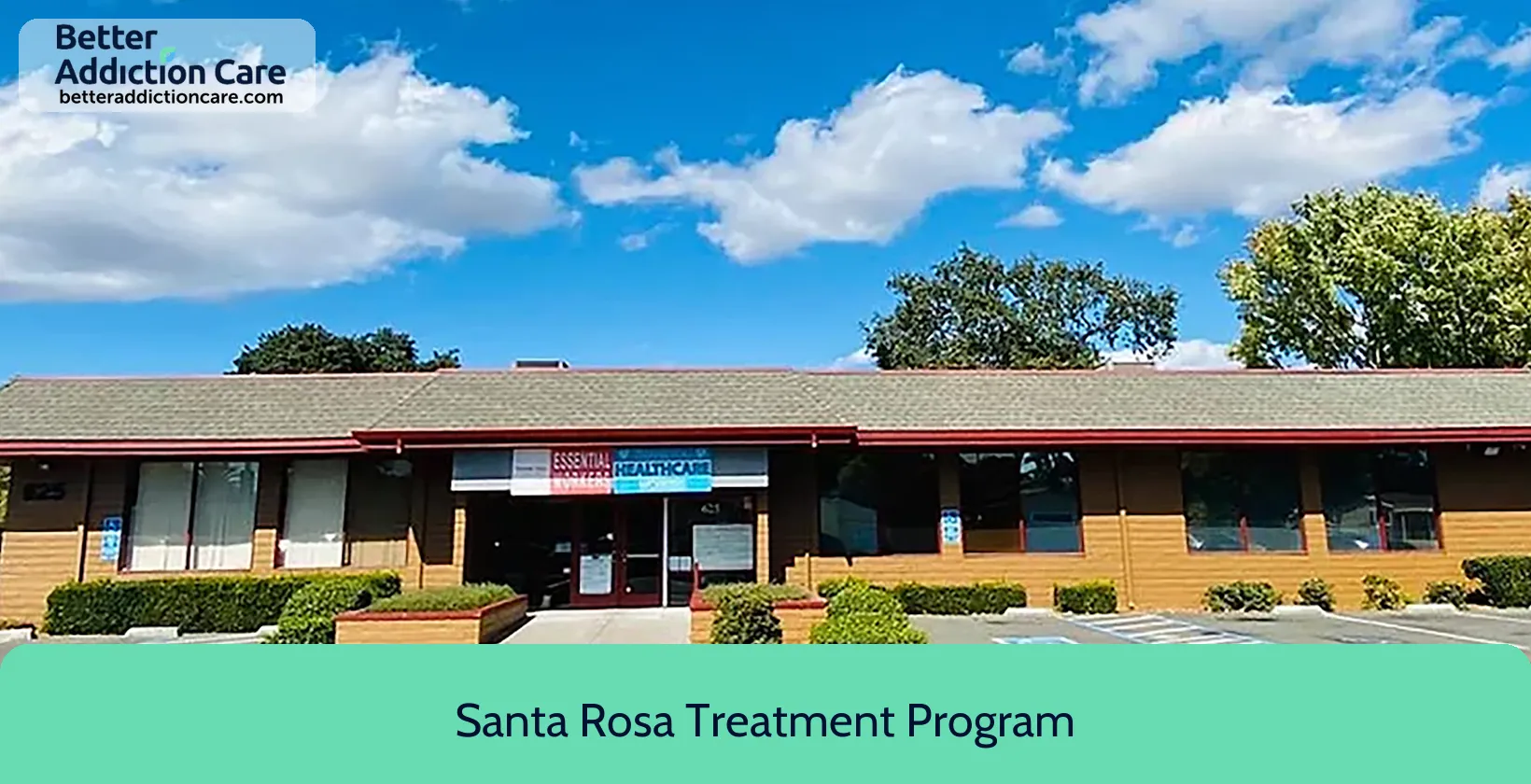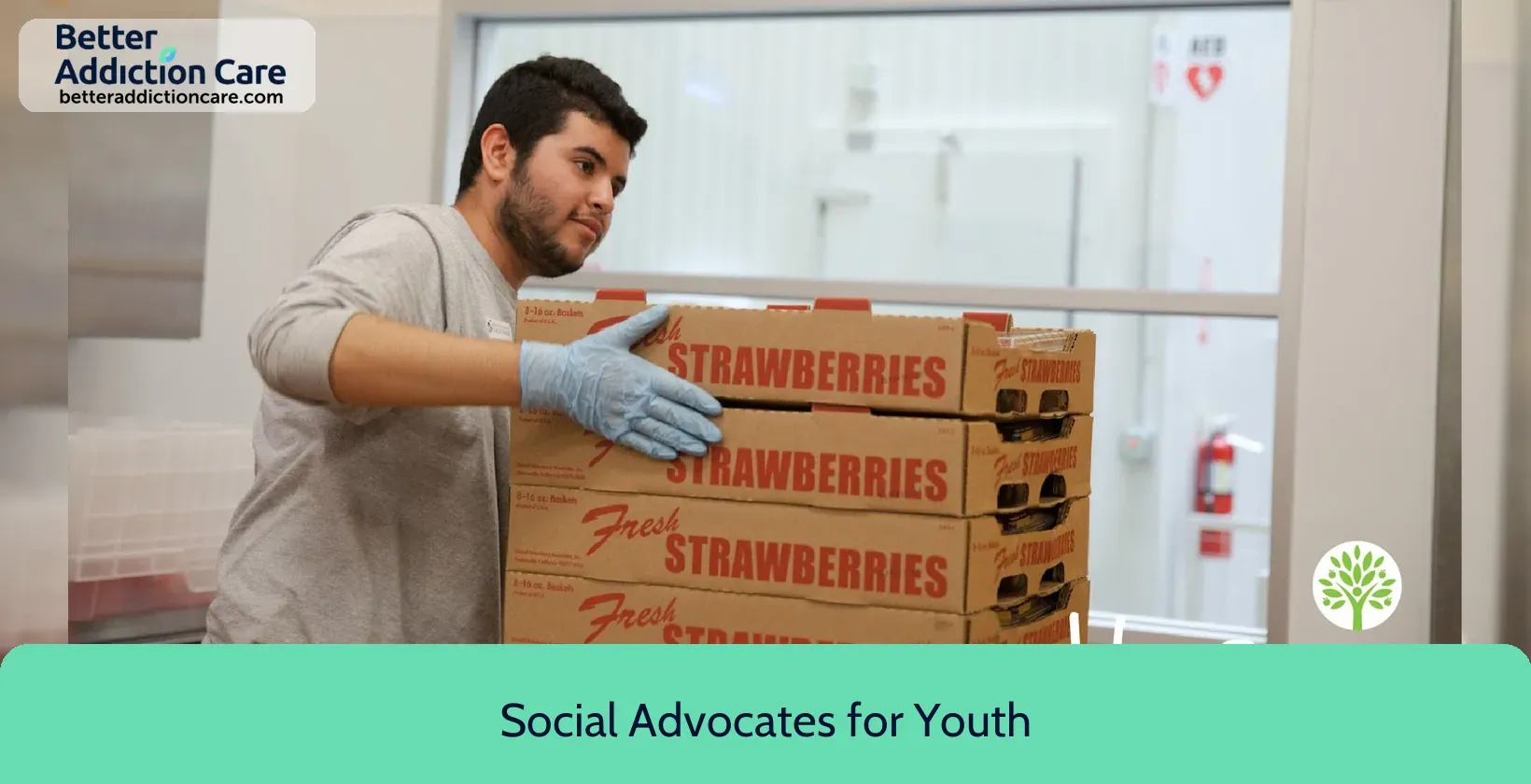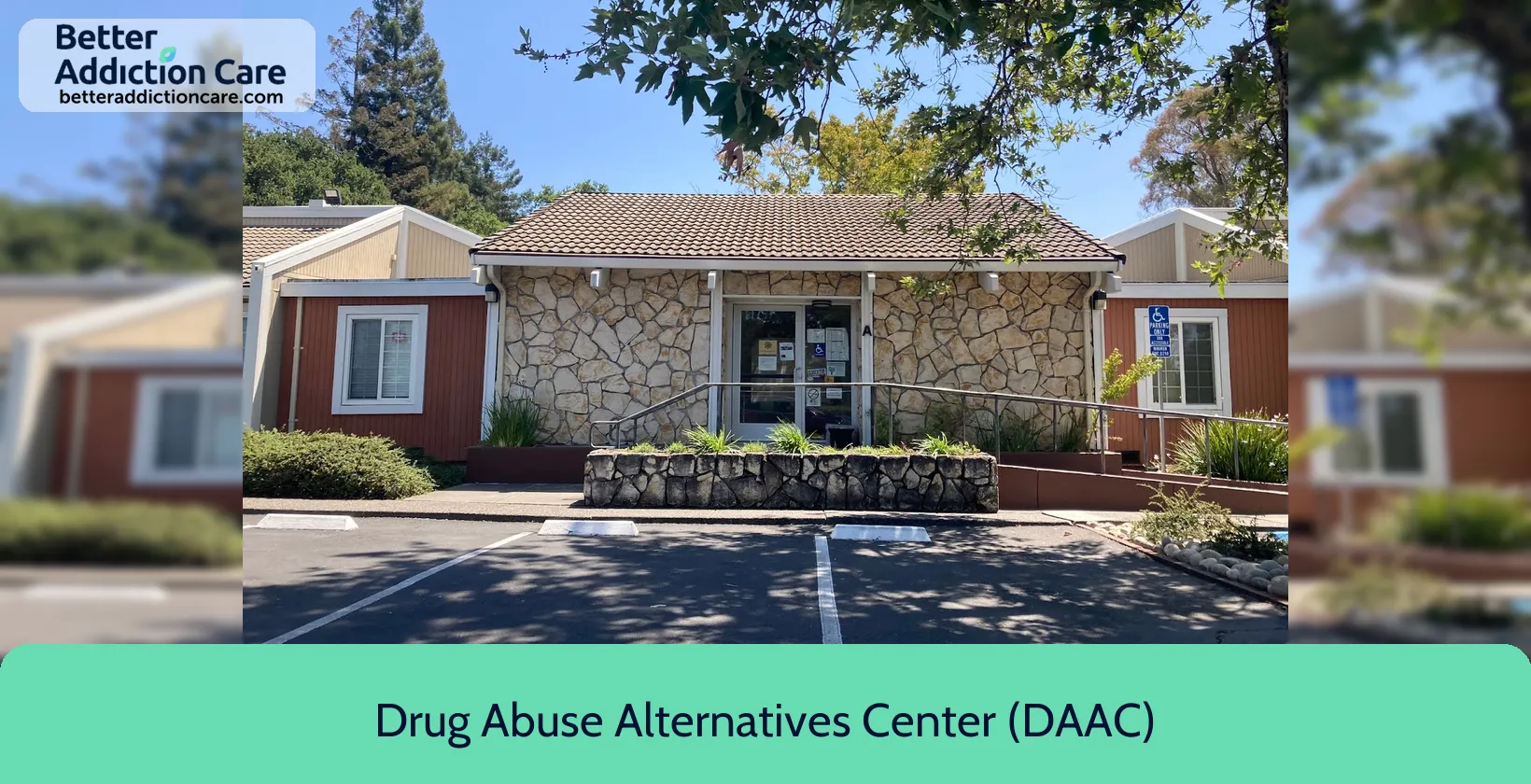Center Point - Drugs Abuse Alternatives DAAC

Overview
Center Point - Drugs Abuse Alternatives DAAC is a substance abuse treatment center for people seeking treatment near Sonoma County. As part of their treatment modalities for recovery, Center Point - Drugs Abuse Alternatives DAAC provides group counseling, trauma-related counseling, and individual psychotherapy during treatment. Center Point - Drugs Abuse Alternatives DAAC is located in Santa Rosa, California, accepting cash or self-payment for treatment.
Center Point - Drugs Abuse Alternatives DAAC at a Glance
Payment Options
- Cash or self-payment
- State-financed health insurance plan other than Medicaid
- Medicaid
Assessments
- Comprehensive mental health assessment
- Comprehensive substance use assessment
Age Groups
- Adults
- Young adults
- Children/adolescents
Operation
- Private non-profit organization
Highlights About Center Point - Drugs Abuse Alternatives DAAC
6.68/10
With an overall rating of 6.68/10, this facility has following balanced range of services. Alcohol Rehabilitation: 8.00/10, Drug Rehab and Detox: 6.00/10, Insurance and Payments: 6.00/10, Treatment Options: 6.73/10.-
Alcohol Rehabilitation 8.00
-
Treatment Options 6.73
-
Drug Rehab and Detox 6.00
-
Insurance and Payments 6.00
Accreditations
SAMHSA certification for opioid treatment program (OTP):
SAMHSA's Opioid Treatment Programs (OTPs) accreditation is a rigorous recognition process that signifies an OTP's commitment to providing high-quality care for individuals dealing with opioid use disorders. It assures patients, families, and the community that the program adheres to evidence-based practices, employs qualified staff, and maintains a safe treatment environment. This accreditation is a symbol of quality and accountability, offering confidence in the program's ability to support individuals on their path to recovery from opioid addiction.
Treatment At Center Point - Drugs Abuse Alternatives DAAC
Treatment Conditions
- Mental health treatment
- Alcoholism
- Opioid Addiction
- Substance use treatment
- Co-occurring Disorders
Care Levels
- Intensive outpatient treatment
- Detoxification
- Outpatient
Treatment Modalities
- Group counseling
- Trauma-related counseling
- Individual psychotherapy
- Life Skills
- Cognitive Behavioral Therapy
Ancillary Services
Special Programs
- Clients with HIV or AIDS
- Pregnant/postpartum women
- Clients who have experienced trauma
Get Help Now
Common Questions About Center Point - Drugs Abuse Alternatives DAAC
Contact Information
Other Facilities in Santa Rosa

6.92

6.80

6.68

6.92

6.76

6.59

6.83
DISCLAIMER: The facility name, logo and brand are the property and registered trademarks of Drug Abuse Alternatives Center (DAAC), and are being used for identification and informational purposes only. Use of these names, logos and brands shall not imply endorsement. BetterAddictionCare.com is not affiliated with or sponsored by Drug Abuse Alternatives Center (DAAC).
